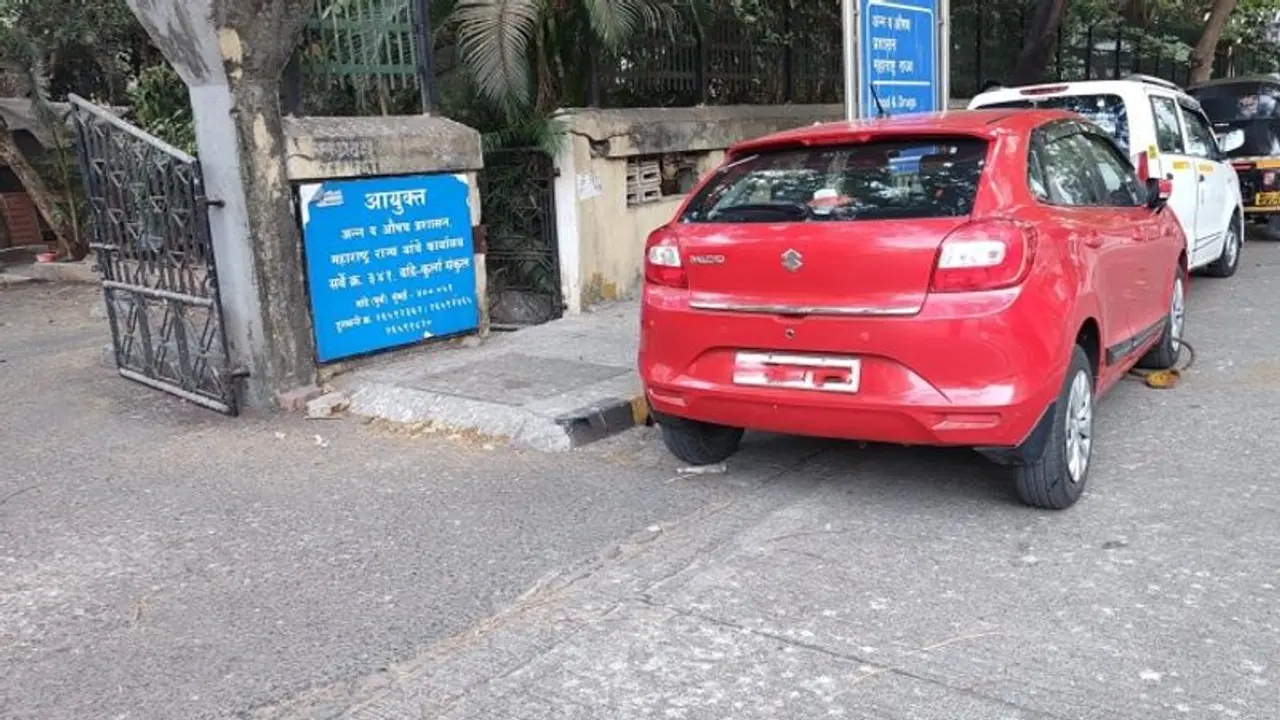Many families own 2 to 4 vehicles, and due to the lack of space, they park their vehicles on the streets in front of their homes. However, this practice often leads to inconvenience for others. Parking vehicles on the streets is a legal offence, and it's important to be aware of the rules regarding vehicle parking.
Most people in India park their bikes and cars on the side of the roads, causing inconvenience to others. However, are you aware of the regulations for parking vehicles? What measures can the government and administration enforce against violators? As per parking regulations, vehicles cannot be parked in public spaces, or else strict actions may be taken against those who violate the rules.
A lot of families own 2 to 4 vehicles, and due to the lack of space, they park their vehicles on the streets in front of their homes. However, this practice often leads to inconvenience for passersby and residents alike, resulting in frequent disputes and conflicts. Parking vehicles on the streets is a legal offence, and it's important to be aware of the rules regarding vehicle parking.
What are the actions taken against violators?
If someone parks their vehicles on the streets, causing inconvenience to the others, a complaint can be lodged with the Municipal Corporation. The Municipal Corporation has the authority to levy substantial fines on the owners. According to vehicle parking regulations, parking at any public location that causes disturbance to others is prohibited. Violators may face administrative action for encroachment and may be subjected to fines.
Fine amounts
The fine for violating vehicle parking rules varies from state to state and also depends on the type of vehicle and the severity of the violation:
• For two-wheelers, fines ranging from Rs 200 to Rs 400 may be imposed.
• Three-wheelers may face fines of Rs 500 to Rs 1000.
• Four-wheeler vehicles may incur fines ranging from Rs 1000 to Rs 2000.
• Permanent encroachment may result in fines ranging from Rs 50 to Rs 100.
If the fine is not paid
Municipal Corporation takes action against violators of vehicle parking rules by issuing challans. If someone fails to pay the fine within the specified period, the amount will be added to the property tax of the respective house, shop, or property and will be collected accordingly. Furthermore, exemptions provided in the property tax will not be granted, and a 12 percent interest may be levied.
